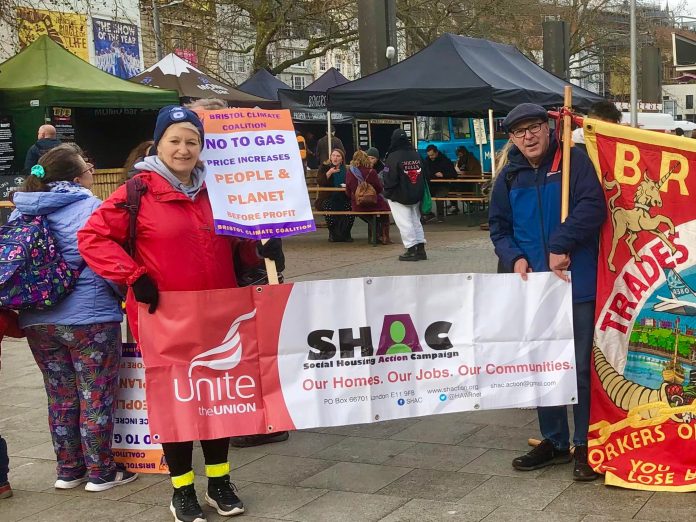
Now build a fighting lead industrially and politically
Kevin Parslow, Branch secretary Unite LE1228, (personal capacity)
The results of Unite the Union’s Executive Council (EC) elections appear to have given a slim majority to supporters of general secretary Sharon Graham’s industrial programme. This includes Socialist Party member Suzanne Muna, formerly an EC member from London and Eastern, who has been elected from her new region, South West.
This is a defeat for the formerly dominant United Left organisation in Unite, which had a majority on the union’s leading body since its formation over a decade ago. It stood under the moniker ‘Members First’ in this election, and has increasingly become the mouthpiece of the conservative elements of the full-time officialdom of the union, wanting to undo the gains that have been made since Sharon’s election as general secretary in 2021.
The election saw turnouts in most divisions of between just 5-7%. This is poor, but reflects the situation across the trade union movement where turnouts for union leadership elections do not usually catch the interest of members. Nevertheless, the hundreds of disputes members have voted for and pursued since Sharon Graham became general secretary, and the hundreds of millions of pounds won in settlements, show that when a lead is given, workers will respond.
The task of the new executive will be to build on this mood to increase participation in the union to take it further along its current path.
But the new executive cannot confine itself to maintaining the current industrial strategy. Inevitably, the union will have to draw political conclusions from the strikes.
The lack of support, even opposition, from Labour leader Keir Starmer and the majority of the Parliamentary Labour Party for workers’ struggles, including those of Unite, should not be ignored. This is a clear statement of intent from a party which is likely to be in government during the period of this Executive Council. Unite must be prepared to challenge what will be an anti-working class, pro-capitalist government, whose potential leaders are already schmoozing big business leaders on the ‘prawn cocktail’ circuit.
Early tests of this will come at the rules and policy conferences of Unite in July. There are rules amendments tabled which propose that Unite backs only those election candidates who support its policies; others call for outright disaffiliation from Labour. Meanwhile, an amendment has gone into the policy conference agenda calling for a referendum of Unite members on the link with Labour. Socialists on the executive will push for the strongest political lead from Unite, and for the EC to back the amendments.
Ahead of the conference, Unite is also balloting its members on whether to continue its political fund, in which Socialist Party members will call for a yes vote to continue the fund. It is noticeable that in the material, Labour affiliation is barely mentioned as a reason for keeping the fund!
Other Socialist Party members who stood as candidates, and others who also stood on a socialist platform, did well in the elections with fighting campaigns and good votes. This time round, not all secured enough votes to be elected, but their campaigning laid the groundwork for future election victories.
This will be a crucial term for Unite’s EC, which will determine whether the union stays at the forefront of struggle in the labour movement, both on the industrial and the political fronts. However, this task will be more achievable if a new open and democratic broad left is built in Unite. The EC election shows the potential for this. Such a left can be built on the foundations of the election campaign, and should be launched at the upcoming Unite policy and rules conference.







